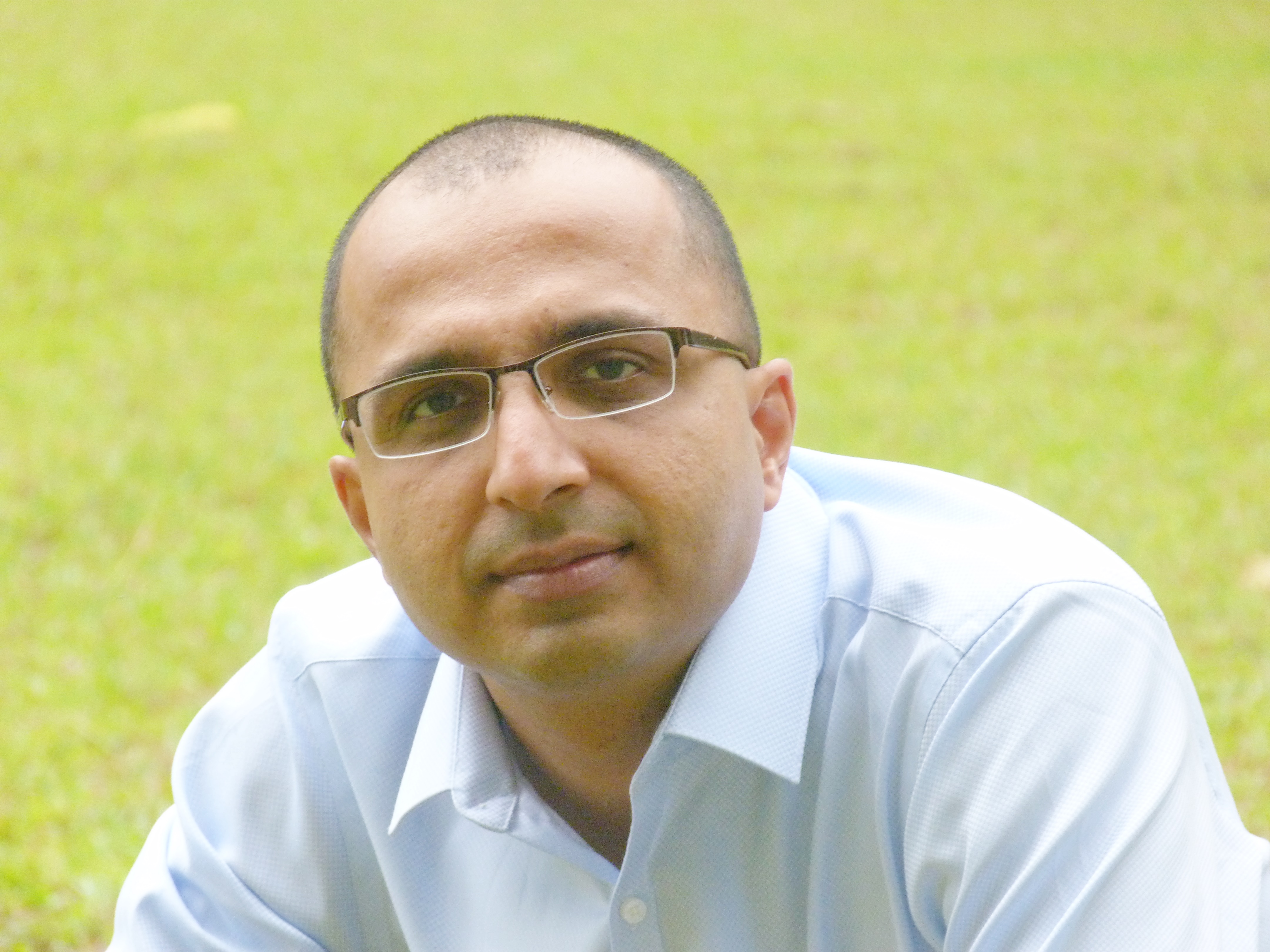

Oct 2025

Abstract:
RNA dysregulation has emerged as a central theme in the pathogenesis of many neurodegenerative disorders including Amyotrophic Lateral Sclerosis (ALS) and Frontotemporal Dementia (FTD) with mutations in several RNA-binding proteins deemed to be directly involved in causing neuronal death. We are interested in how RNA regulation contributes to neuronal homeostasis and how its dysregulation leads to disease. The life of an RNA molecule is regulated at multiple levels. For example, transcription factors and the epigenetic machinery control transcriptional output, RNA-binding proteins control RNA splicing and trafficking, while microRNAs fine-tune translational output. Each of these players interact in a complex network that is cell-type specific to effect neuronal homeostasis. We believe that disruption of these cell-type specific networks leads to the differential susceptibility observed in neurodegenerative conditions.
We use patient-derived and genome-edited induced pluripotent stem cells to develop in vitro human models of ALS/FTD and interrogate these models using bulk and single-cell genomic tools, and functional genetic screens. Our goal is to identify key defects in RNA dysregulation that drive neuronal dysfunction in neurodegenerative disorders.
Bio:
Dr. Akshay Bhinge began his medical journey with an M.B.B.S. degree from Grant Medical College in Mumbai, India, followed by a Master’s in Biomedical Engineering (M.Tech) from the Indian Institute of Technology, Mumbai. He then pursued a Ph.D. at the University of Texas at Austin, where he graduated in 2009. His doctoral research involved developing innovative genomic tools using next-generation sequencing to identify downstream targets of oncogenic transcription factors and microRNAs in both human primary and cancer cell lines.
In 2010, Dr. Bhinge moved to the Genome Institute of Singapore as a postdoctoral fellow, where he focused on modelling human neurodevelopment and neurodegeneration with pluripotent stem cells. By 2017, he joined the LSI to establish his own research group. His current work centres on creating advanced human models of the nervous system to study neurodegenerative diseases, including motor neuron disease and frontotemporal dementia.